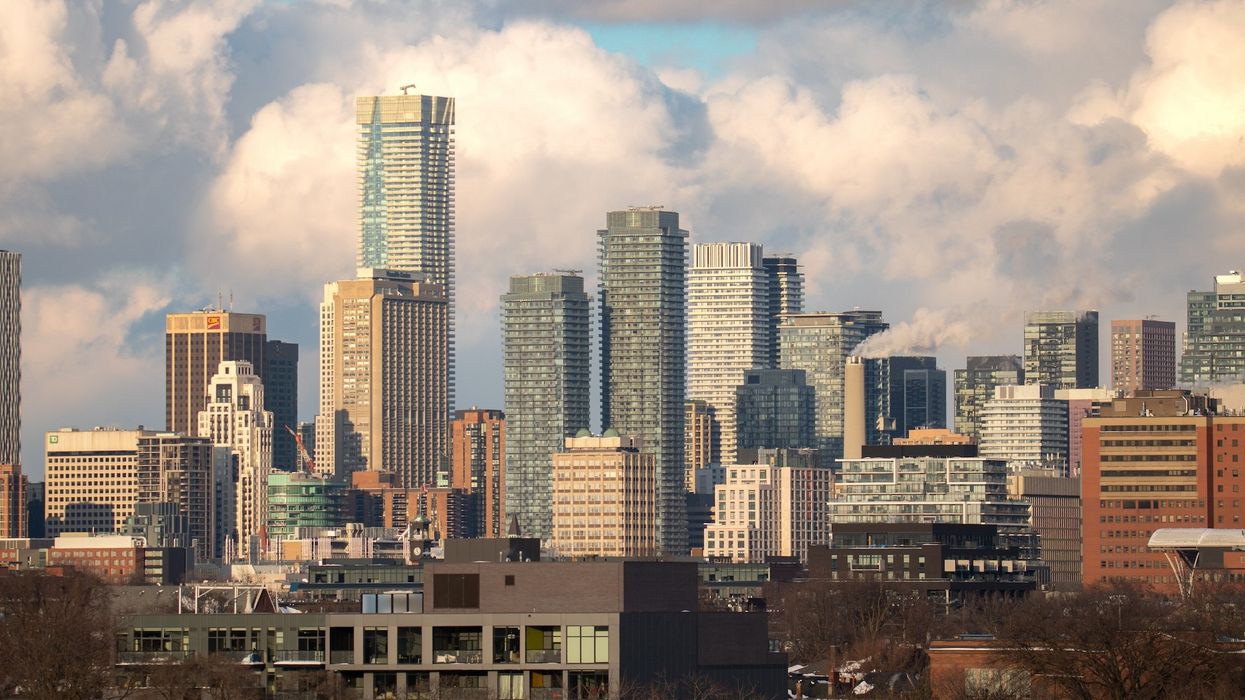Nothing brings the warm and fuzzy holiday feels more than a report on Canada’s rental market. Ok, that’s not true. But, if you’re in the market for a rental this holiday season, we have some okay(ish) news for you.
According to the latest national rental market report from Rentals.ca and Urbanation, the asking rent for all residential property types in Canada averaged $2,174 in November. The silver lining is that this marks a slight drop – a 0.2% month-over-month decrease – from October’s record-high of $2,178.
The National Rent Report charts and analyzes monthly, quarterly and annual rates and trends in the rental market on a national, provincial, and municipal level. Coming as no surprise, Vancouver took the top spot in November, with the average rent for a one-bedroom unit in November sitting at $2,866 – marking a 0.2% drop month over month. The second place spot goes to Burnaby, British Columbia, where the average rent for a one-bedroom is $2,680.
When it comes to the Greater Toronto Area (GTA), Toronto, which finished third on a list of 35 cities for average monthly rent in November, saw its rent for a one-bedroom come in at $2,594, and $3,450 for a two-bedroom. The fourth through seventh spots were all in the GTA, with Oakville coming fourth in the list ($2,532 for a one-bedroom); followed by Mississauga ($2,322 for a one-bedroom), North York ($2,326 for a one-bedroom); and Etobicoke ($2,292 for a one-bedroom).
Of the cities included in the data, Scarborough saw the highest month-over-month increase, at 4.1%. Rent in the city is now $2,201 per month for a one-bedroom.
Like anything else in life, the way we look at the country’s somewhat dramatic rental market depends on perspective. Annually, rents are actually up 8%, despite a slowdown in the notoriously pricey Toronto and Vancouver. Asking rents increased 8.4% year-over-year in November, compared to annual growth rates of 9.9% in October and 11.1% in September.
From coast to coast, one-bedroom apartments have seen large rent hikes. Apartment rents in Canada averaged $2,125 in November, increasing by 11.2% from just one year ago. More specifically, the annual rate of growth for studio apartments accelerated to 12.1% in November (to an average of $1,552) compared to annual growth of 12.0% in October and 11.3% in September. When it comes to one-bedroom units, the annual rent growth remained strongest of all unit types at 13.6% (average $1,943). This did, however, slow from annual growth rates of 14.1% in October and 15.5% in September.
By province, rents increased the slowest over the past year in Manitoba (+4.9% to $1,524) and Ontario (+5.0% to $2,513). Meanwhile, while rents accelerated in Saskatchewan, the province still has the lowest rise at 8.1%.
The good news for those looking for rentals in places like Vancouver and Toronto is that rent increases have begun to slow (slightly) in those spots. In BC, where apartment rents remained the highest in the country at an average of $2,582, they decreased 2.2% month over month and have experienced a notable slowdown in recent months. Asking rents for BC apartments increased 6.5% year over year in November, compared to annual growth of 9.8% in October and 12.3% in September.
In Vancouver specifically, average asking rents increased by just 0.7% annually to $3,171. In Toronto – a city also known for its largely unattainable rent prices – average apartment rents decreased annually for the second straight month in November, down 2.4% to $2,913. Month-over-month, asking rents for apartments fell 1.4% in Vancouver and increased 0.2% in Toronto.
Whether the stabilization of rents in these cities will stick around will remain to be seen. In the meantime, if you’re in the market for a rental, now may not be a bad time to start looking.





















